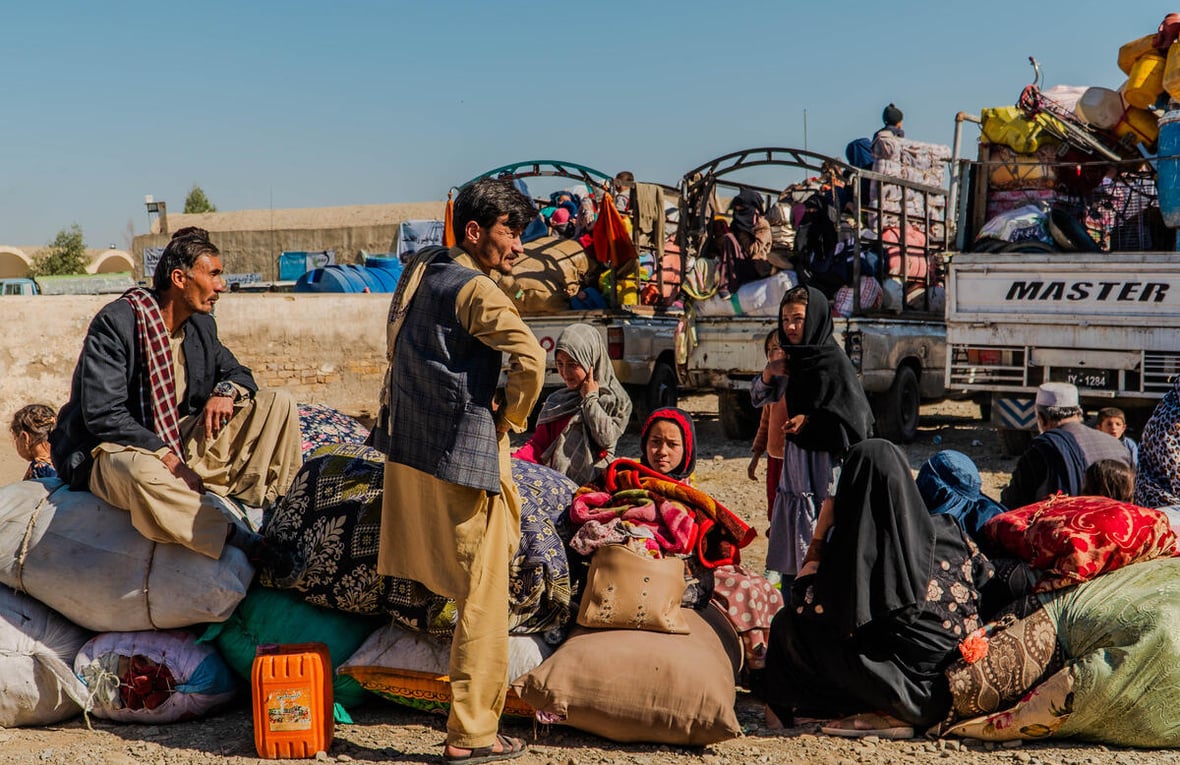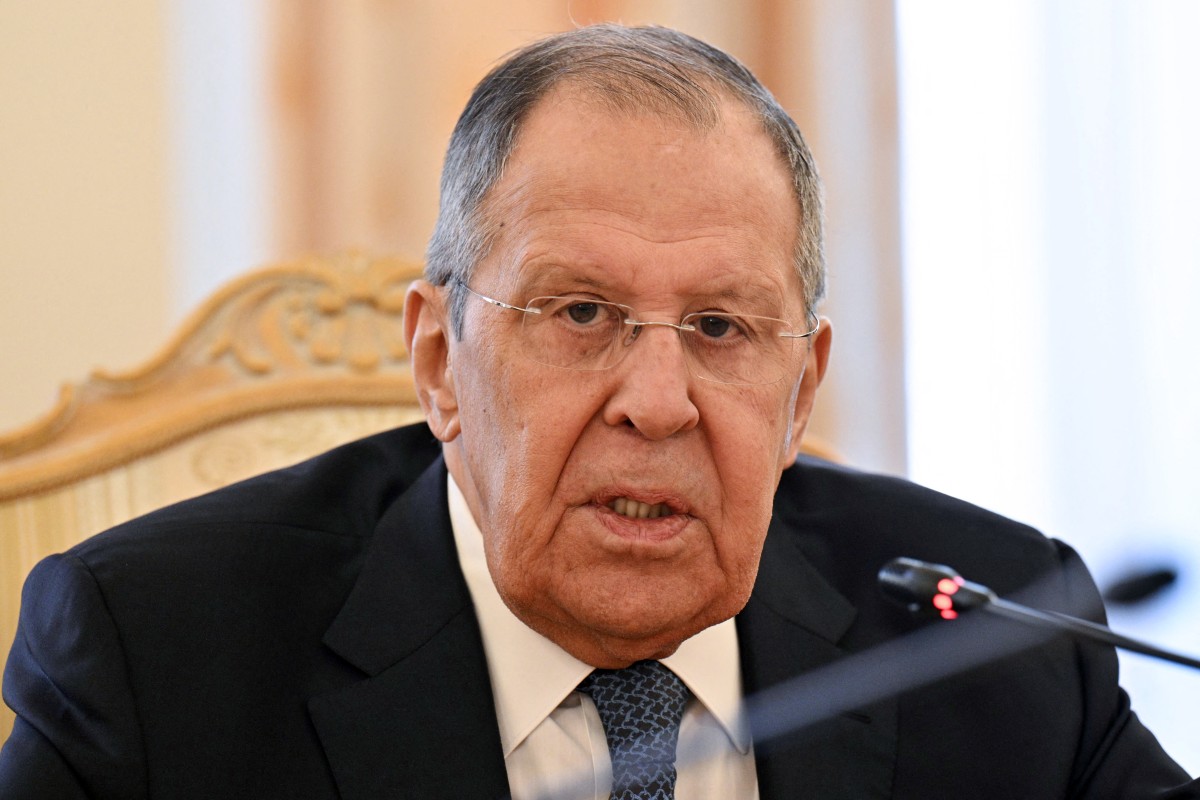For decades, Pakistan has hosted one of the world's largest refugee populations, providing sanctuary to millions of Afghans fleeing conflict. But by October 2025, Prime Minister Shehbaz Sharif declared that Pakistan could no longer sustain this burden, citing security threats and socio-economic challenges.
The result: over 1.47 million Afghan nationals repatriated in what Islamabad said is an orderly but necessary response to an escalating crisis.
The numbers tell a grim story. Between 2023 and 2025, Pakistan experienced a devastating wave of terrorist attacks with alleged or confirmed links to Afghanistan. In January 2023, a suicide bomber killed 95 people at a Peshawar mosque. In July 2023, an attack on a political rally in Bajaur claimed over 50 lives. By December, 23 soldiers died in a military post attack in Dera Ismail Khan.
In 2023, Pakistan's former Interior Minister Sarfraz Bugti stated that 14 of 24 suicide bombings in that year alone involved Afghan nationals.
The pattern continued into 2024 and 2025. After seven soldiers were killed in North Waziristan in March 2024, Pakistan's defense minister declared that terrorism against Pakistan was "mostly being conducted from Afghanistan."
Most recently, in November 2025, a suicide bombing at an Islamabad district court killed 12 people. Pakistani officials stated that the bomber was an Afghan national and the attack was orchestrated from Afghanistan.
For Pakistan, these aren't isolated incidents but evidence of a systemic problem: militant groups, particularly Tehrik-e-Taliban Pakistan (TTP) and Islamic State-Khorasan Province (ISIS-K), operating from Afghan territory to launch cross-border attacks. Pakistani officials have repeatedly asked the Afghan Taliban of preventing its soil from being used by these militant groups.
Despite diplomatic assurances to the contrary, the Taliban regime has done little.
The diplomatic efforts were genuine but ultimately futile. Throughout 2025, Pakistan engaged in multiple rounds of high-level talks with Afghanistan's Taliban government, mediated by Qatar and Turkey.
In April, Pakistan's Foreign Minister visited Kabul. In May, trilateral talks were held in Beijing. When deadly border clashes erupted in October, three separate negotiation rounds were convened in Doha and Istanbul. All failed.
Pakistan demanded verifiable action against militant groups; Afghanistan either could not or would not deliver.
The humanitarian dimension of this crisis cannot be ignored. According to an International Organization for Migration report in late November, 435,279 Afghan nationals returned to Afghanistan between July and September alone. 93% left through self-organized returns, driven overwhelmingly by fear of arrest.
The deportees came from areas that had suffered terrorist attacks: 28% from Quetta, 11% from Pishin. In September 2025, a suicide bombing at a political rally in Quetta, near Pishin, was claimed by the ISIS-K.
This is the tragic calculus of national security meeting humanitarian obligation. Pakistan has legitimate security concerns. When diplomatic channels fail and attacks continue, a government faces pressure to act decisively.
The international community has largely remained silent, treating this as a bilateral issue rather than a regional crisis requiring multilateral solutions. Afghanistan's Taliban regime has proven unable or unwilling to control militant groups within its borders, leaving Pakistan with few options. Meanwhile, Afghan refugees become pawns in a security crisis not of their making.
There are no easy answers here. Pakistan's security concerns are real and documented. The failure of diplomatic engagement left Islamabad feeling it had exhausted peaceful options.
But the mass repatriation of over a million people, many of whom have known only Pakistan as home, raises profound questions about refuge and the limits of hospitality when national security appears threatened.
What remains clear is that this crisis demands more than bilateral negotiations that end in deadlock. It requires sustained international engagement, pressure on the Afghan Taliban to deny sanctuary to militant groups, and genuine support for both Pakistan's security needs and the humanitarian needs of displaced Afghans.
Without it, we're left with what we have now: a tragic situation where everyone loses, and the most vulnerable pay the highest price.







